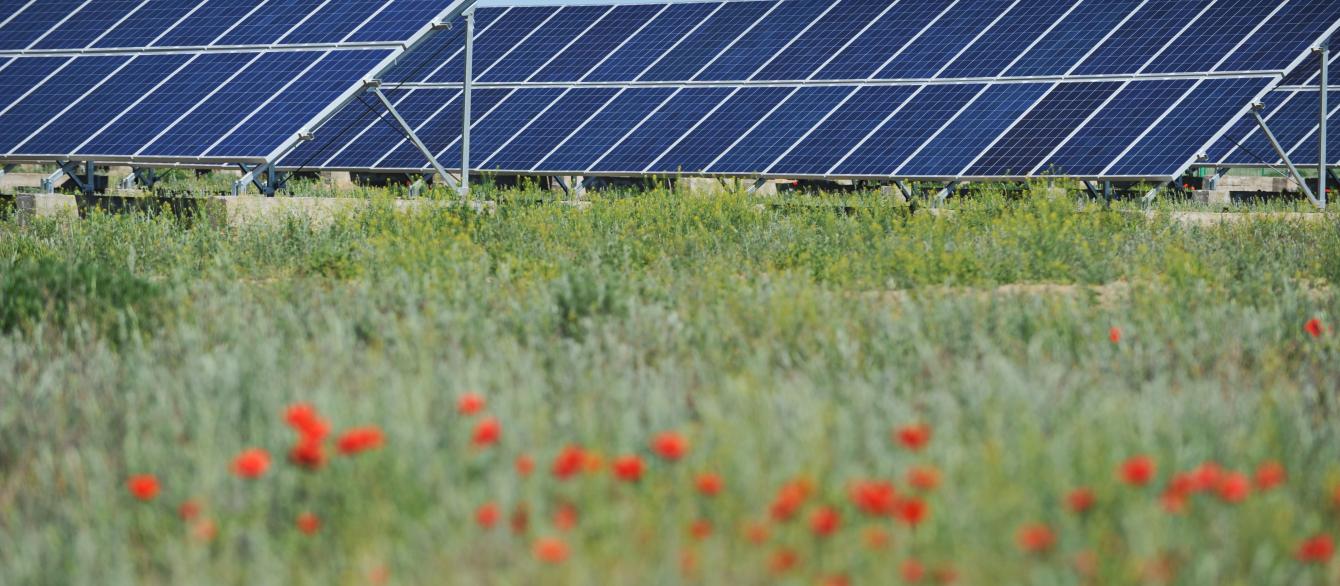In the early 1990s, the newly independent countries of Central Asia inherited industrial and energy systems that would serve as a reliable driver of growth for the following decades. The output of these systems has increased dramatically: The economies are, on the whole, larger and more sophisticated, and the populations healthier and wealthier than three decades ago. Nevertheless, these industrial and economic systems — dominated by power-hungry heavy industry, large, export-oriented extractive sectors, and energy generation that remains overwhelmingly fossil-fuel powered — remain in large part unreconstituted and inadequately adapted to the sustainability imperatives of an emerging low-carbon global economy. All the region’s governments have recognized the need to align their economies with more sustainable outcomes and all are, in their own ways, articulating strategies and implementing policies to achieve this. This presentation will give an introductory overview on the determinants of the pace and direction of the low-carbon transition in Eurasia, looking at how legacy issues and industrial structures across the region create both the imperatives for reform as well as significant political economy barriers to action.
This talk is part of the Davis Center's Graduate Student Conference on Central Asia.
Accessibility
The Davis Center for Russian and Eurasian Studies at Harvard University encourages persons with disabilities to participate in its programs and activities. If you anticipate needing any type of accommodation or have questions about the physical access provided, please contact us at 617-495-4037 or daviscenter@fas.harvard.edu in advance of your participation or visit. Requests for Sign Language interpreters and/or CART providers should be made at least two weeks in advance if possible. Please note that the Davis Center will make every effort to secure services but that services are subject to availability.




